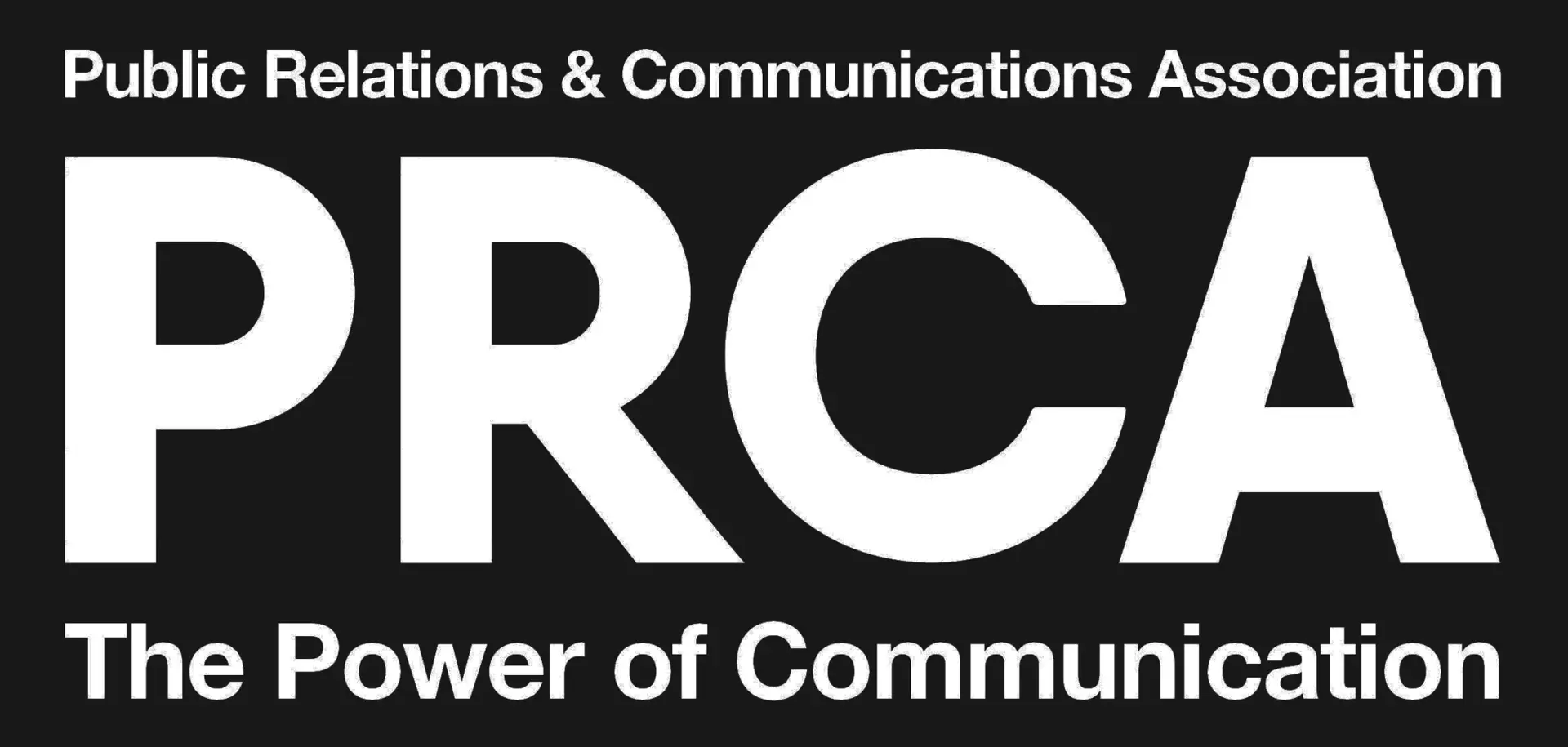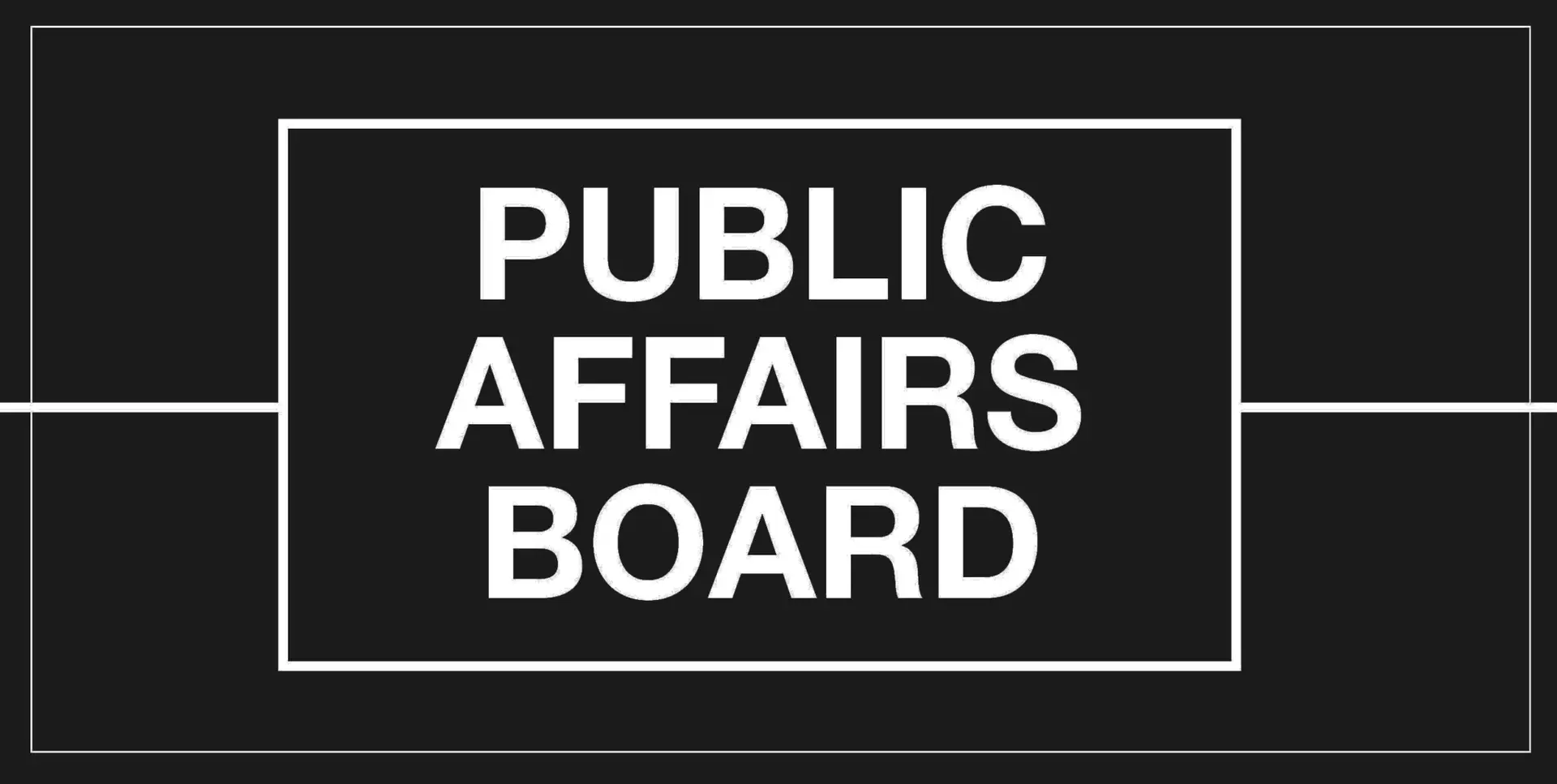1. The House of Lords voted by 265 to 194 that the UK should not withdraw from Euratom until a replacement deal is in place.
During the debate on the Nuclear Safeguards Bill, Peers also voted for the Secretary of State to produce quarterly reports on nuclear safeguards and future arrangements with Euratom.
(BBC News, 20 March 2018, link)
2. The Environment Agency introduced new standard rules and generic risk assessments for the unintentional receipt of radioactive materials and waste.
This followed the Environment Agency’s consultation on introducing a new standard rule set for facilities which use radiation detection systems.
(Environment Agency, Environment Agency Statutory Guidance SR2017, 16 March 2018, link)
3. Her Royal Highness, The Princess Royal, officially opened Nucleus (The Nuclear and Caithness Archives).
The Princess Royal unveiled a plaque to mark the opening and was shown around the facility by the Nuclear Decommissioning Authority CEO David Peattie.
(Nuclear Decommissioning Authority, Nuclear Decommissioning Authority News Story, 19 March 2018, link)
4. The National Skills Academy for Nuclear (NSAN) held its tenth annual UK Nuclear Skills Awards.
(NSAN, NSAN News, 19 March 2018, link)
5. Sellafield published its updated supply chain strategy.
The updated Sellafield Ltd Supply Chain Strategy set out how Sellafield will work with the supply chain to reduce hazards and risks, decrease costs and support the economy.
(Sellafield Ltd, Sellafield Corporate Report, 20 March 2018, link)






